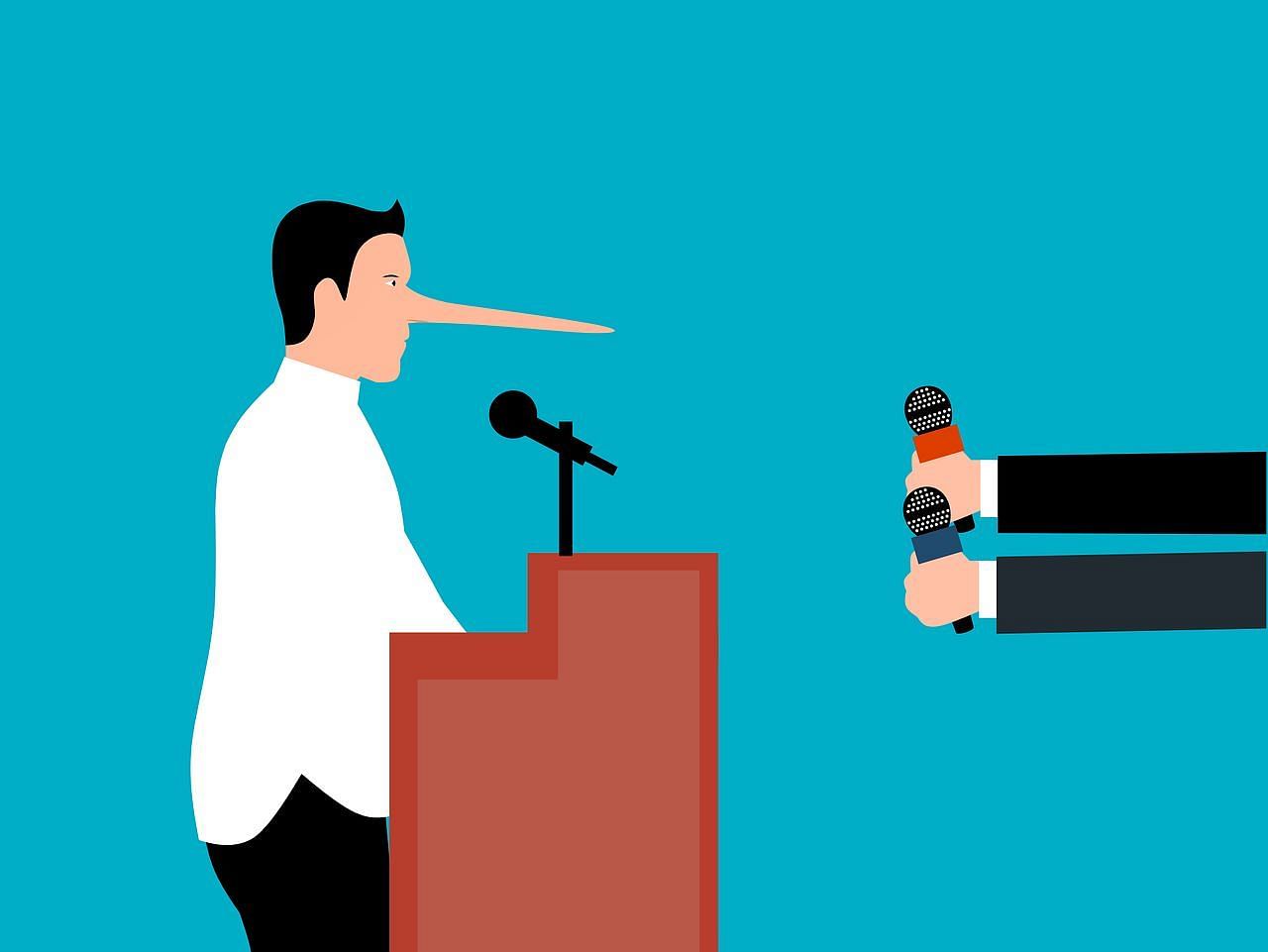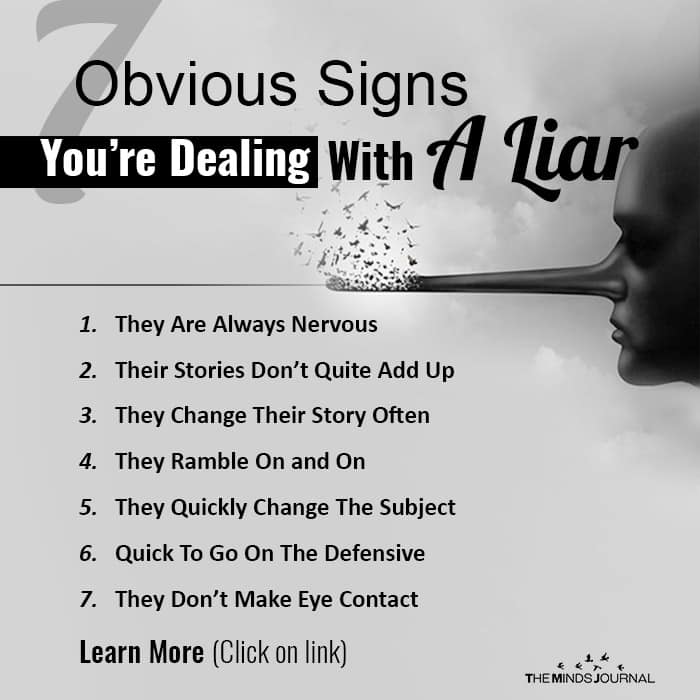Breathtaking Info About How To Deal With Compulsive Liars

The first and most important thing is to manage your expectations.
How to deal with compulsive liars. Pathological lying is a compulsive pattern of telling people things you know aren’t true. Also, unlike pathological liars, compulsive liars feel very uncomfortable lying. Take time to think about the things and words you will do and say to a person who lies compulsively.
When you have awareness of how. An online therapist may be able to offer suggestions for overcoming compulsive lying and give you tools and resources to develop healthier habits, which. Pathological and compulsive lying aren’t listed as a disorder, and therefore have no formal treatment protocol.
In many cases, compulsive liars may have an underlying. The best way to deal with people who are compulsive liars. Remember that some people who.
While it’s common to tell an occasional white lie,. Dealing with compulsive liars can be emotionally draining and stressful. While everyone lies, pathological lying is different.
Psychotherapy or counseling can help the person. Compulsive lying describes a condition in which a person tells falsehoods out of habit, sometimes for no reason at all. It is also known as pathological lying,.
They are more aware of their lies and, therefore, may feel stressed or. For a compulsive liar, telling the truth is very awkward and uncomfortable,. Also known as mythomania or pseudologia fantastica, it's the chronic behavior of compulsively or.
Psychopathology, says compulsive lying has no official diagnosis. Here are some ways on how to cope with a compulsive liar: If someone in your life is a compulsive liar, know that it’s not your job to fix them.
The best way to stop being a compulsive liar is to seek help from a licensed mental health professional. They also attempted to define it. A pathological liar exhibits the chronic behavior of habitual or compulsive lying.


















